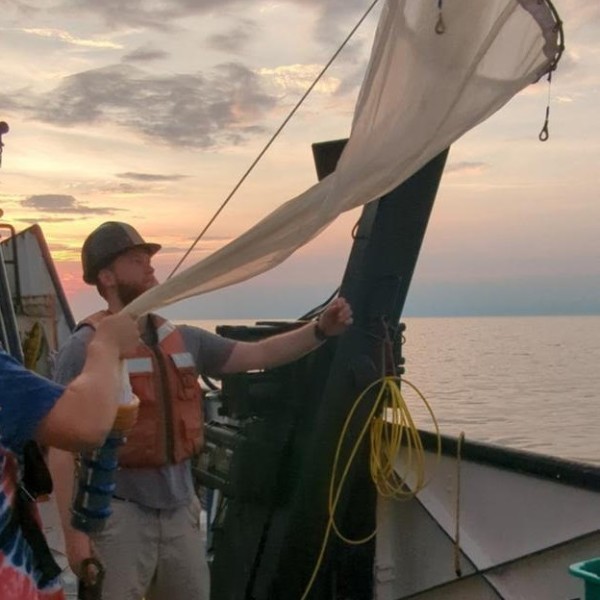Those are some of the questions scholars will study with the help of $118,000 in grants awarded by the Cornell Center for Social Sciences (CCSS). The center this spring funded 14 research projects and two conferences, involving two-dozen faculty members and researchers affiliated with five colleges and schools.
The spring 2020 round of grants sought to seed ambitious work by early-career faculty that could result in external funding applications or book proposals, and to elevate the work of mid- and later-career faculty, according to the CCSS, which funds the program in collaboration with the Office of the Vice Provost for Research.
CALS research projects receiving small grants of up to $12,000 include:
- “Effects of Prevalence Information in Framing Health Problems”: Jeff Niederdeppe, associate professor of communication in the College of Agriculture and Life Sciences (CALS), and Jiawei Liu, postdoctoral researcher in the Department of Communication, will study the effectiveness of prevalence rates in public health messages about obesity and diabetes.
- “Landowners, Roadside Ditch Right-of-Ways and Pollution”: Rebecca Schneider, associate professor of natural resources (CALS), will survey 2,000 New York state landowners about their attitudes regarding roadside ditches and rights of way, better management of which could help reduce flooding and water pollution.
For the complete list of grant recipients, see the Cornell Chronicle article.




